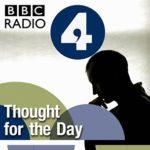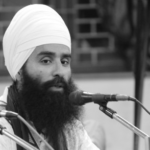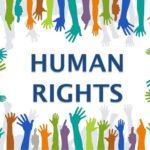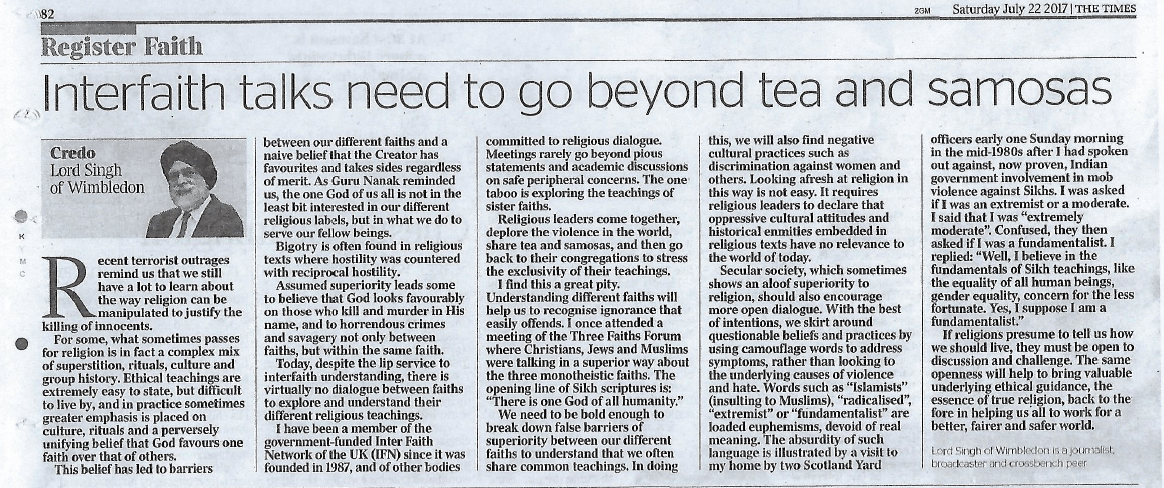
The weekend post brought its usual appeals for donations to help in alleviating suffering in Syria, Iraq and other areas of the Middle East The scale of suffering, wrought by internecine political, religious and ethnic conflict, is truly devastating and it is important that we support such appeals and help those risking their lives to help the victims of war and violence.
Next month representatives of different faiths and secular society will meet at a service at Westminster Abbey for Humanitarian Aid workers killed in conflict. At the inaugural meeting, 4 years ago, I referred to the extraordinary dedication and concern for others of an American, 26 year old Kayla Mueller, captured by ISIS and reportedly killed in a Jordanian air strike. In a letter smuggled to her family, she wrote: If I have suffered at all throughout this experience, it is only in knowing how much suffering I have put you through….The thought of your pain is the source of my own.
No self-pity; no harsh word about her captors. Only a concern for others. There are many others like Kayla, and they all deserve our prayers and support. The reality however is their dedication and international aid efforts alone, cannot cope with the suffering of those caught up in the fighting, and in the huge displacement of people we have witnessed, which just goes on and on.
I believe it is important to look more closely at the causes of such suffering. True, that violence begins with local rivalries, but unfortunately, these are magnified and made more horrific by larger factional rivalry between the great powers, supporting rival factions with ever-more sophisticated means of killing in pursuit of strategic interest. The Sikh Guru, Guru Amar Dass, looking at the dubious alliances fracturing the society of his day wrote:
I am of Gods Faction. All other factional alliances are subject to death and decay.
Speaking from a Sikh perspective, if we wish to avoid the continuing man made suffering of innocents, I believe we must continually remind all in power to look beyond, solely, their own self-interest, to what Sikhs call Sarbat ka Bhalla, a single-minded resolve to secure the well-being of all.



 Declaring his interest as member of the All Party Parliamentary Group on the Abolition of the Death Penalty, Lord Dholakia asked Her Majesty’s Government what representations they had made to the Saudi government concerning the imminent execution of fourteen individuals including to juveniles.
Declaring his interest as member of the All Party Parliamentary Group on the Abolition of the Death Penalty, Lord Dholakia asked Her Majesty’s Government what representations they had made to the Saudi government concerning the imminent execution of fourteen individuals including to juveniles.
 Last week Conservative peer Lord Naseby asked Her Majesty’s Government what measures were being taken to ‘combat extremist propaganda released through multimedia channels, particularly social media, videos, the internet and other online sources.’ The focus of Lord Naseby’s question was limited to online activity, however the NSO acknowledges the issue is not limited to this alone, but is far more complex.
Last week Conservative peer Lord Naseby asked Her Majesty’s Government what measures were being taken to ‘combat extremist propaganda released through multimedia channels, particularly social media, videos, the internet and other online sources.’ The focus of Lord Naseby’s question was limited to online activity, however the NSO acknowledges the issue is not limited to this alone, but is far more complex.